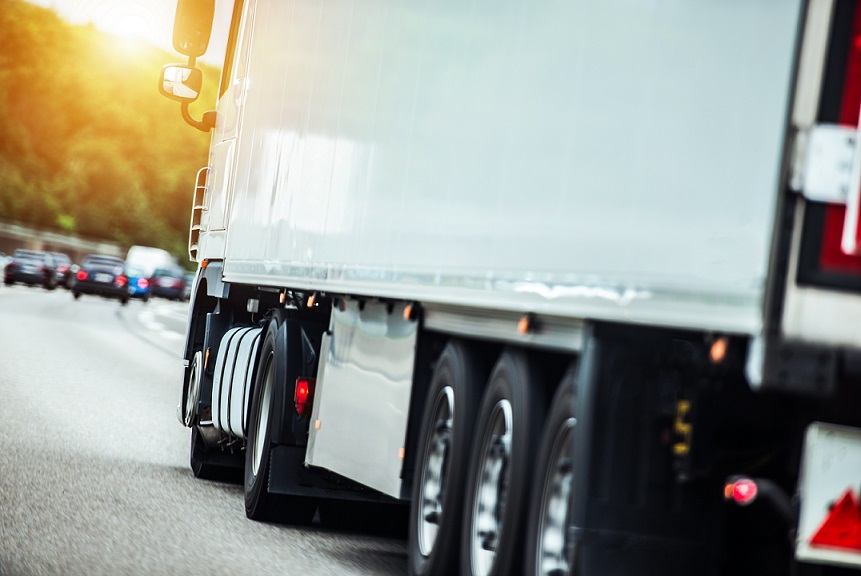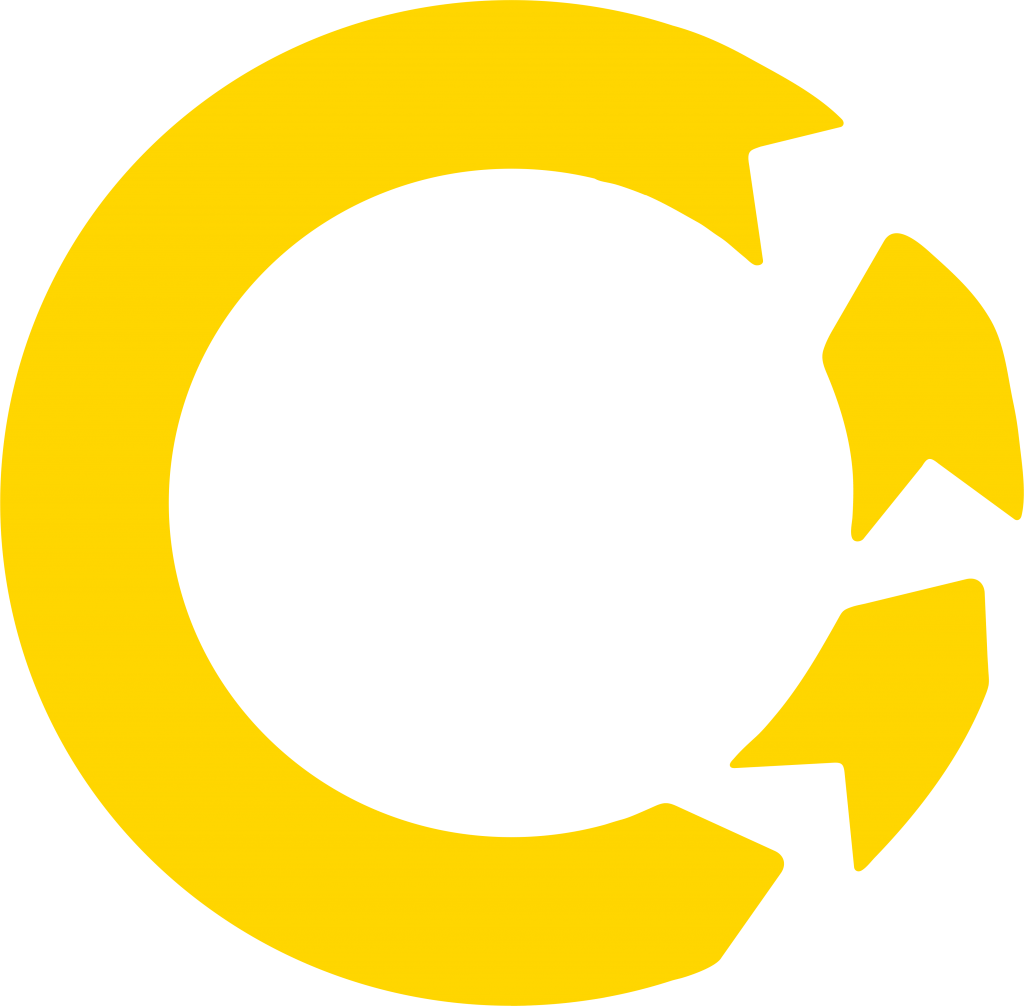When it comes to safely recovering a commercial vehicle following an accident or breakdown, it’s essential that a rescue operator identifies the load a vehicle is carrying beforehand, as this can impact both the urgency of the recovery itself and the type of vehicles or solutions dispatched to the scene.
Recent Health and Safety Executive (HSE) statistics show that workplace transport is one of the highest risk activities, and according to the Department for Transport (DfT), more than 1,600 commercial vehicle breakdowns in 2020 caused severe accidents with threats to human safety.
However, whilst these types of rescue operations can often be difficult and time consuming, it’s often the vehicle load contents itself which can pose the highest threat if damaged.
Let’s look into why this is.
Loads that have moved throughout the journey
Bumps and turns in the road are a part of normal everyday driving, but it also means that for commercial vehicles with heavy loads, there’s more chance of items moving unintentionally and becoming unstable during the journey.
Any shift in load can significantly affect a vehicles handling on the road, plus the centre of gravity of a loaded goods vehicle tends to be much higher than a passenger car, making a loaded commercial vehicle more likely to roll over than a car, even when travelling at the same speed.
Because of this it’s essential that a rescue operator understands the stability of a load such as how it was secured in the first place vs. what damage the accident has caused.
It could determine the equipment or process used to unload the damaged vehicle and reload a new one.
Loads containing dangerous goods
The latest Domestic Road Freight Statistics report highlighted that out of the 485,900 registered HGVs in the UK in 2020, 4% of all goods lifted domestically were declared as dangerous goods. This accounts for 53 million tonnes of assets from flammable liquids such as alcohol (67%) gasses (16%) and corrosive substances (6%).
In situations like this where a commercial vehicle breaks down, urgent recovery is of the upmost importance, not only for the business themselves, but also for the safety of the driver and other road users alike.
Any leak of hazardous materials can be a severe threat, so it’s essential that a rescue and recovery operator is experienced in how to safely handle a vehicle without causing any further damage or potential chemical reactions.
Refrigerated loads
For any transport operator in the brewing, drinks and food industries, keeping their loads at exact temperatures is essential to delivering useable goods.
If a temperature sensor is damaged in an accident, for example in a lorry carrying fish or milk, then it could mean the entire load has to be disposed of so as not to deliver unsafe produce. The only way to avoid this would be that if a rescue operator arrived at the scene within the appropriate timeframe of moving the load into an alternative refrigerated vehicle, avoiding deterioration of the perishable products. Only then could the load itself continue in transit whilst the vehicle itself is safely recovered afterwards.
Loose bulk loads
Loads such as wood chippings, pellets and grain will mostly be transported in solid-sided or curtain-sided vehicles specifically built for that use, as these vehicles have additional strapping and covering to secure the load within the vehicle.
This means that it’s more unlikely for these loose items to become insecure is unlikely if carried in a covered secure containing trailer, though it’s especially important for a rescue operator to determine exactly what the load is before they deploy a recovery team to avoid sending equipment for the wrong loose cargo type.
Machinery, steel and plant loads
Steel is a high-density, high-risk load, and the consequences of any load shift can be extremely serious.
Not only can this pose risk to other road users and pedestrians if the load shifts falls off the vehicle upon impact, but it’s also very dangerous for the driver themselves if the load slides forward, sideways or if the load is forced through the vehicle headboard into the driver’s cab – the headboard being absolutely critical in protecting the driver.
Steel is also unloaded by using forklift truck or a crane, so in order to perform a safe rescue operation for everyone involved, it’s essential that the correct equipment is brought to the scene first time.
How Egertons can help safely recover your commercial vehicle
Egertons are one of the UK’s leading vehicle rescue and recovery operators, with services stretching from breakdown recovery to specialist assistance, available 24/7/365 service across the country.
Businesses choose us because of our sophisticated service delivery, which has been created to make it as easy as possible for you and your team, should you ever need our assistance.
For us, our triage process is defined by 3 easy steps:
- Collating information: we will ask crucial questions such as for an exact description of location, load, intended destination and of course, what the breakdown issue is.
- Assess: we will then quickly determine, route and plan the most appropriate emergency response vehicle, confirm a plan of action if a vehicle can be repaired, or send a recovery vehicle to take the vehicle away if needed.
- Deploy: we will deploy the exact right vehicles, the very first time, helping to keep your vehicle downtime to an absolute minimum and ensure recovery takes place as safely and efficiently as possible.
This service delivery is further supported by our 24-hour control room, equipped with the latest industry technology, and our call centre team use this alongside our sophisticated online portal to efficiently manage our 300-strong fleet. In other words, if there’s one thing we guarantee; it’s that we’ll always get it right, first time.
But we don’t stop there. We’re not just a vehicle recovery service; we provide ongoing mobility solutions to ensure your load gets to its final destination safely. This means we’ll help deliver your load, your driver and your vehicle to the most appropriate locations to get your day back on track as quickly as possible. In fact, our experts can even facilitate drop offs to separate locations too, whether it’s the original planned destination, company depot or preferred workshop.
With Egertons, you make the call, and we’ll do the rest.
We’re ready when you are.
Reach out today.


